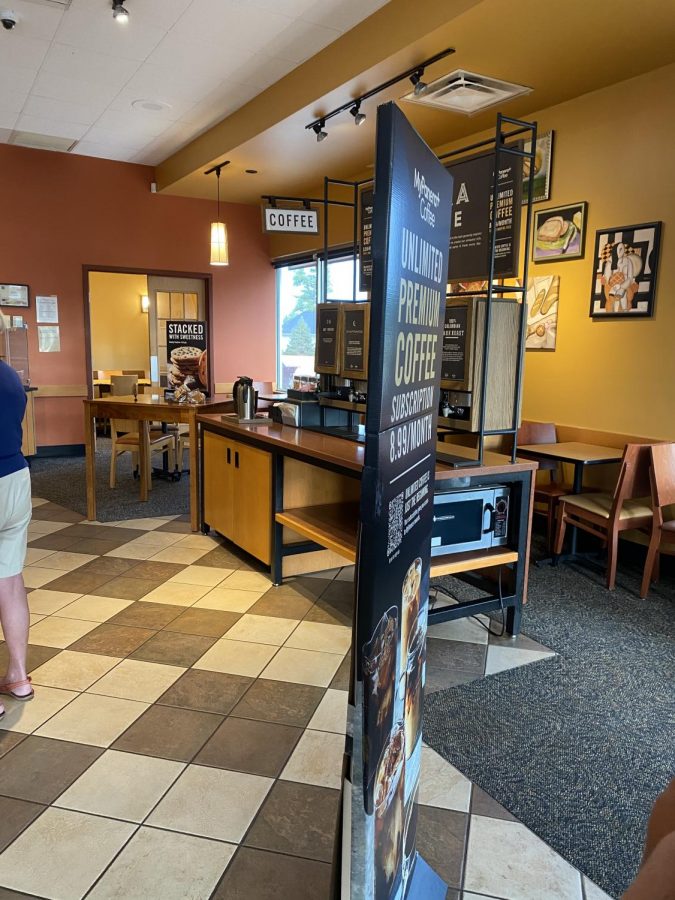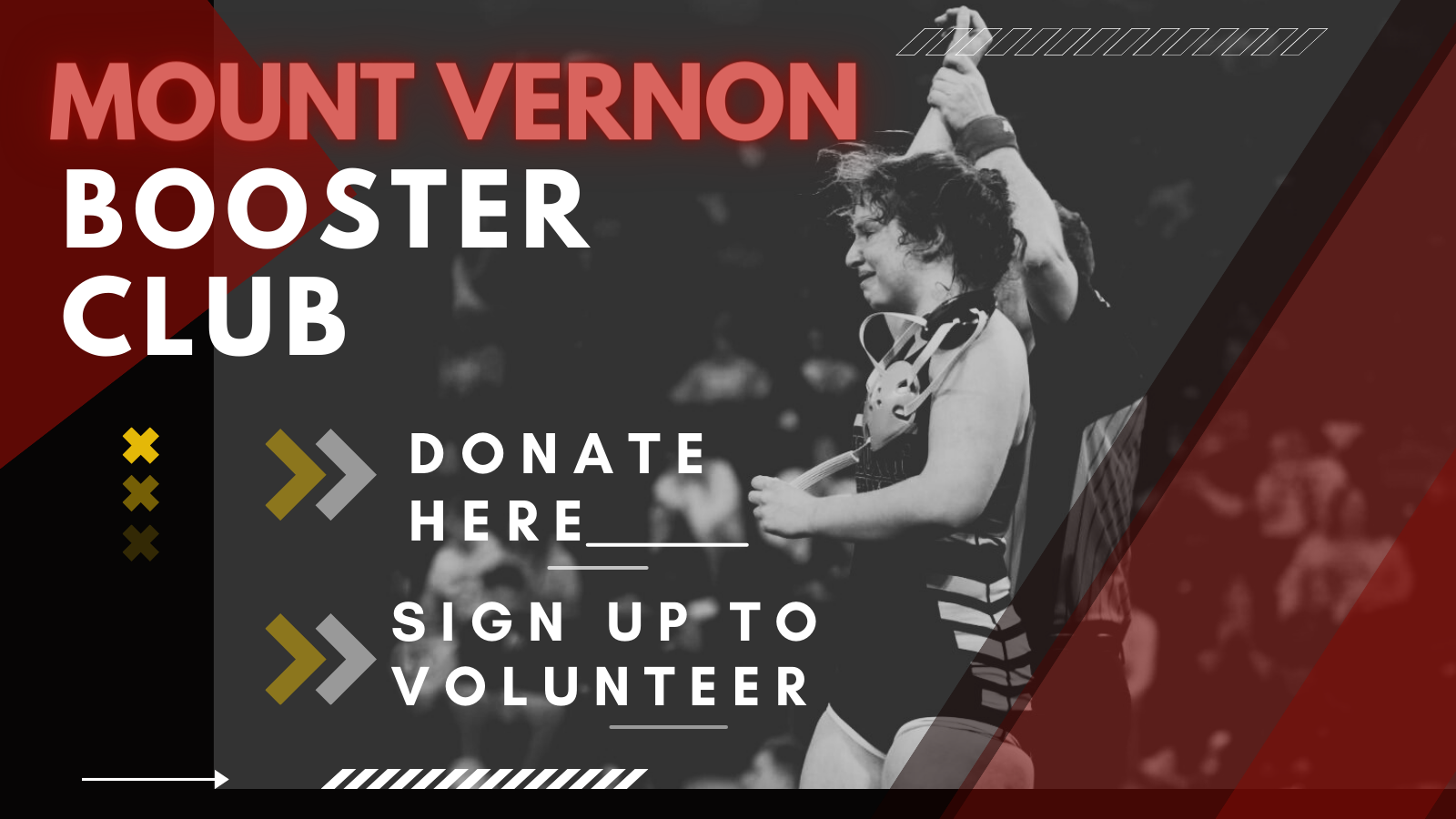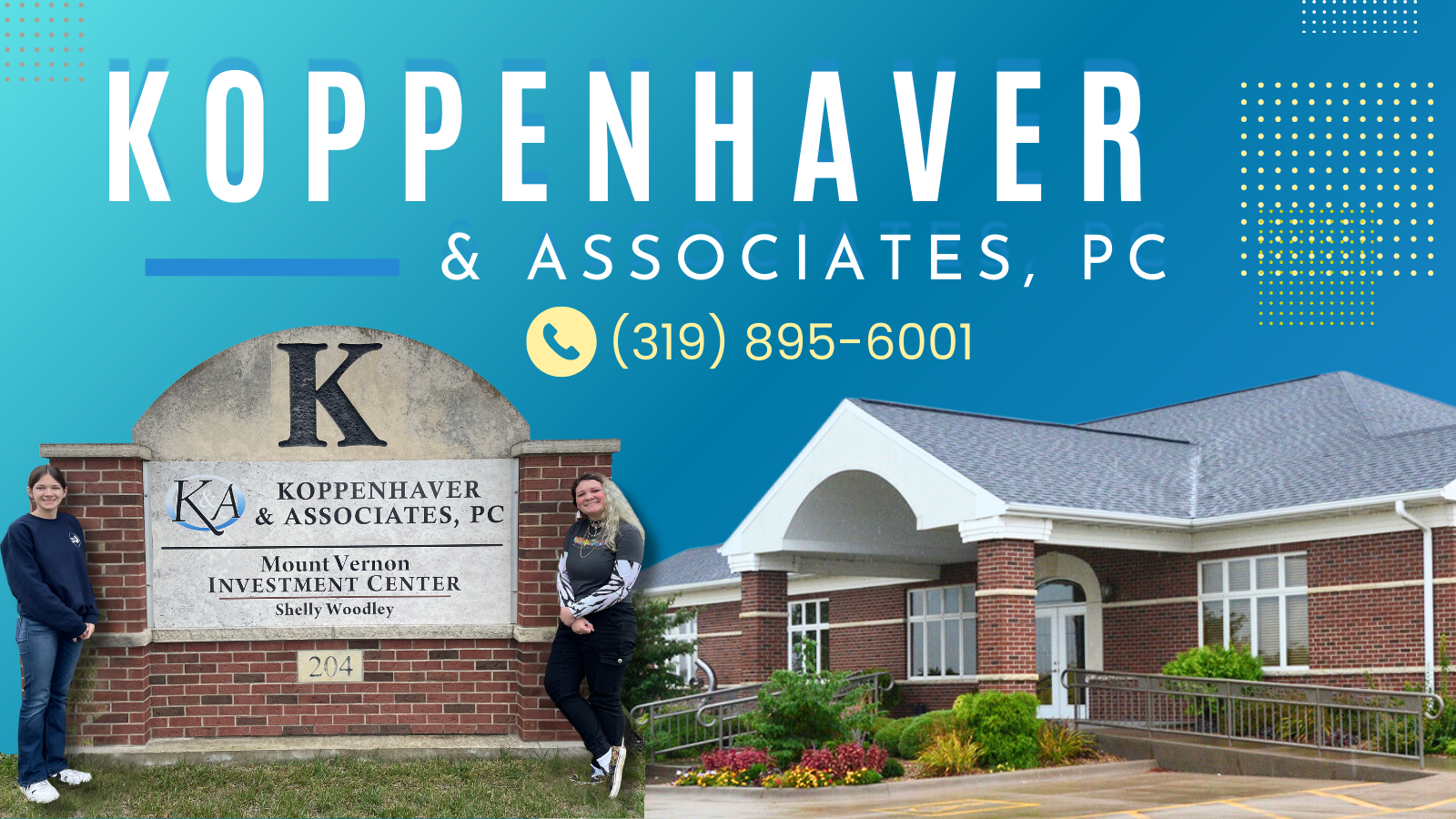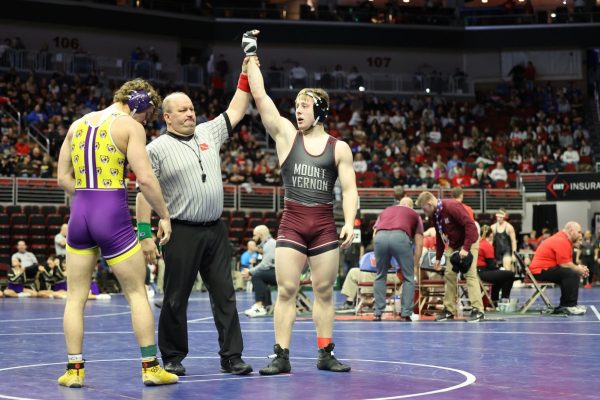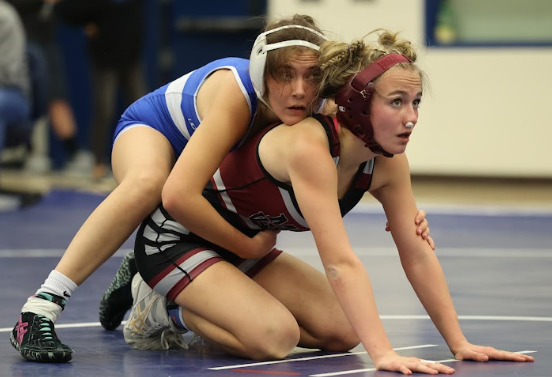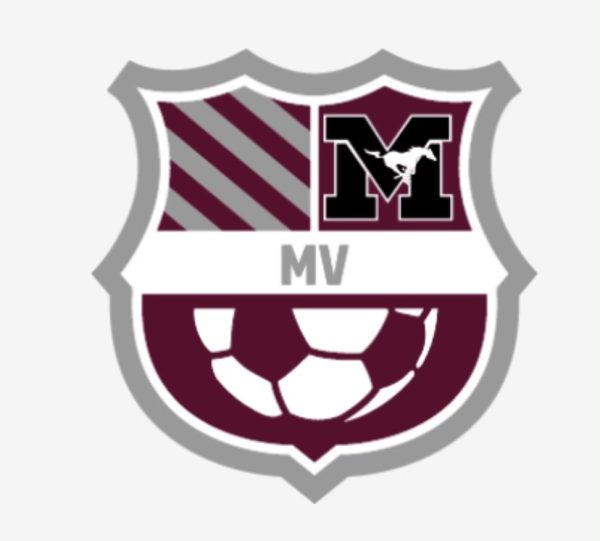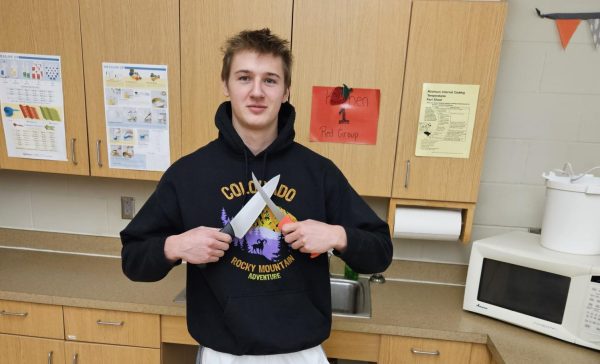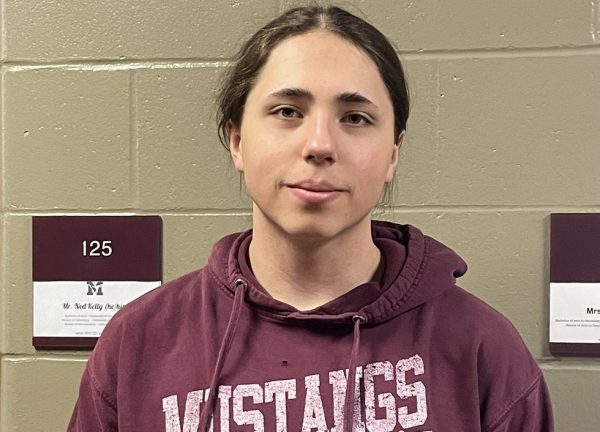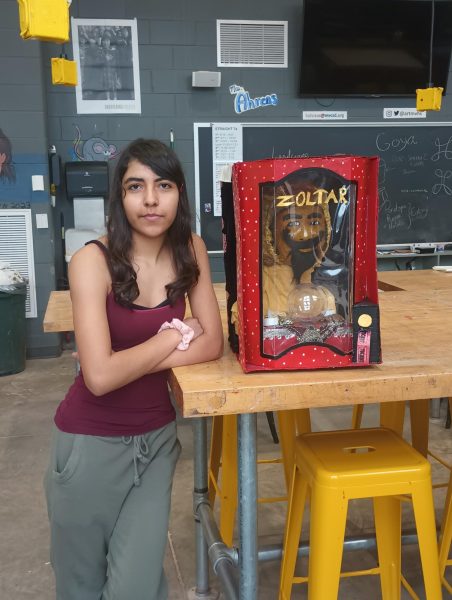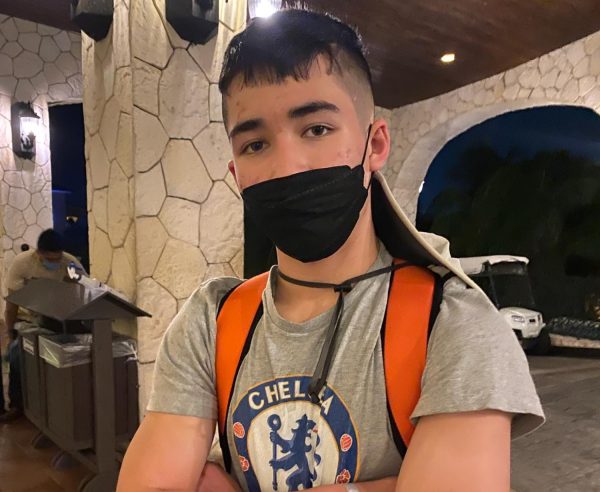Ashlynn Carter “Shook” Up Panera Bread
September 21, 2021
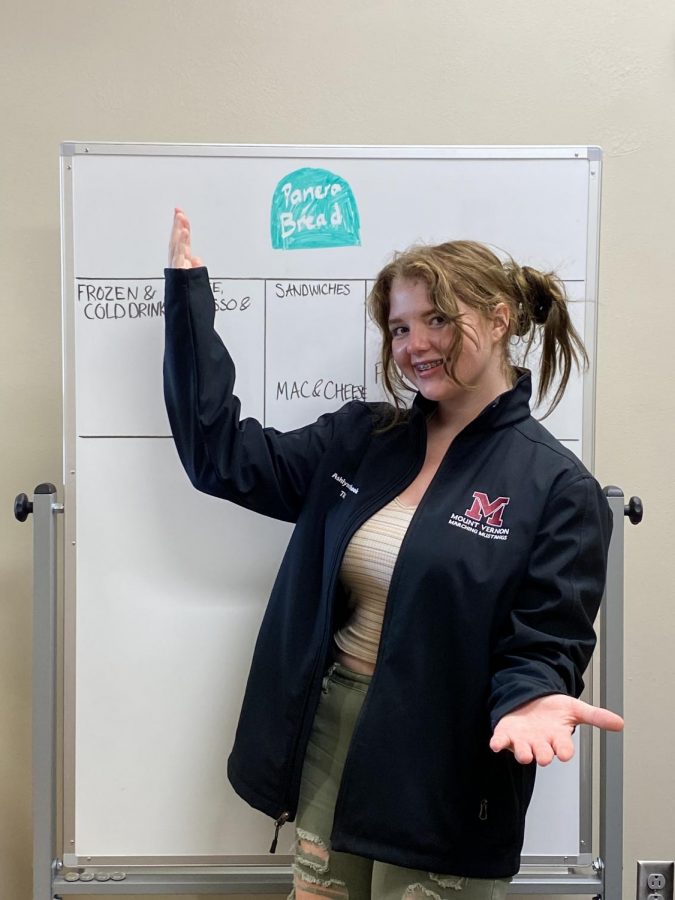
The aroma of coffee and bread, the red and yellow-orange accent walls, the white and brown tiles, the coffee bar with few tables to the right, the compact dining room on the left, and the line to order at the counter—this is the inside of Panera Bread on Edgewood Road, the place where sophomore, Ashlynn Carter-Shook works.
To start her shifts at Panera Bread, Carter-Shook puts on her uniform, which consists of jeans, a neutral-colored belt, black shirt with Panera’s logo, tennis shoes, apron, and hat—which she loves wearing. She works every day after school and during the weekends, a position which she has held since about mid-June of this year.
Back in early June, Carter-Shook, 15, and her friend, applied to work at Panera Bread. She didn’t intend on working at Panera—especially since her friend’s application was denied—but with the recent passing of a grandmother who loved the restaurant, she decided to accept the job to keep the memory of her grandmother alive.
About a day or two after her in-person interview, Carter-Shook’s application got accepted and she began training. After approximately two weeks of “wack” online training and tests without a set schedule, Carter-Shook unknowingly walked in for her first official day of work. Upon being told that it was her first day, Carter-Shook became “really stressed” and was unsure of what to do and if she was going to do a good job. “Luckily, I had a few other team members who were able to help me out,” Carter-Shook said.
Due to the COVID-19 pandemic Panera’s business has been negatively impacted. For instance, the company is in desperate need of delivery drivers, which has been the source of many issues, especially with customers. Without delivery drivers, Panera is unable to receive supplies and certain ingredients to make dishes, causing customers to be frustrated when they cannot order their favorite dishes. Carter-Shook said that there’s at least one incident of rude customers every time she goes to work, but working at Panera has taught her a few valuable lessons, such as: how to deal with customers and difficult situations, attain better social interaction skills, teamwork, and make warm drinks and smoothies (all which she can apply to her everyday life).
COVID has also influenced Panera’s protocols and the workers. Panera is continuing to take safety precautions by sanitizing, and almost all of her co-workers—including herself—have been fully vaccinated. As mask mandates are no longer required, majority of the employees continue wearing masks including Carter-Shook, since she has four younger sisters and multiple young cousins that she sees frequently that are too young to get the vaccine.
Aside from experiencing tough situations with customers, Carter-Shook still has positive experiences working at Panera. Although no particular memory or experience stands out to her, generally she enjoys interactions with happy customers: “Anytime a customer’s happy or they’re excited that they got a reward,” Carter-Shook said. As well as when she gets the opportunity to hang out with the “more fun” co-workers during breaks, as others are more uptight and serious, but she still loves all of her co-workers.
During her breaks, depending on the manager, Carter-Shook gets either a free meal made by her co-workers or a discount for her family. She typically takes breaks when customers are scarce and there’s not a big rush, as most of her co-workers also choose to do so. Her breaks last between twenty to thirty minutes before she finishes up her shift. Depending on how many hours are in her shift, sometimes Carter-Shook gets two breaks if she works longer shifts. She gets two breaks if she works six hour shifts or more, and one break if she works four to five hours. Since she’s only 15, she’s not able to work longer than seven hours a day. Over the summer, she frequently worked seven-hour shifts but since school has started back up the last three weeks, that number has been reduced to almost five hours.
Carter-Shook is able to balance school and work by changing up her availability—only if it is approved. Changing her availability controls what days and hours she can work. Her managers are generally very understanding of her schooling and only have her work after school for about five hours. Sometimes there are instances where it’s difficult to balance homework with working and finding time in between the end of the school day and the start of her shift to get assignments completed. When Carter-Shook cannot make time between work and school to complete assignments, she wakes up early to make time before school to start and finish what needs to be done.

